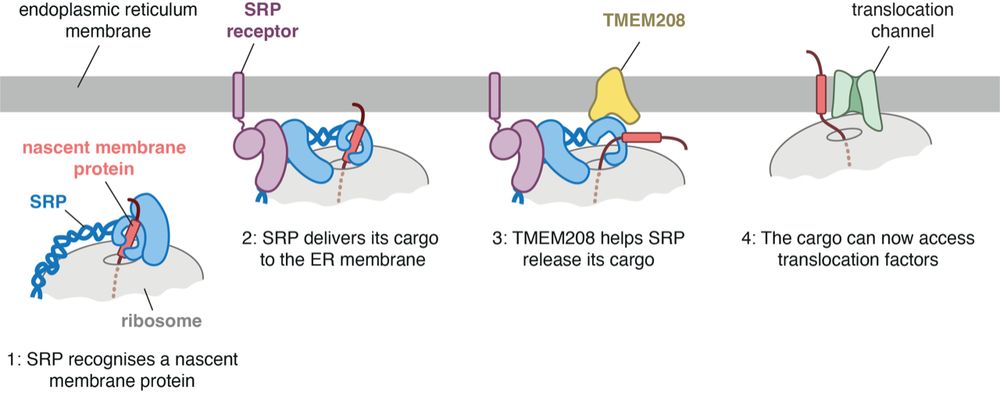Yogesh Hooda
@yogihooda.bsky.social
40 followers
30 following
10 posts
Scientist at CHRF, working at the intersection of microbiology and biochemistry. The views expressed here are a product of nurture and nature.
Posts
Media
Videos
Starter Packs
Reposted by Yogesh Hooda
Reposted by Yogesh Hooda
Kat Holt
@katholt.bsky.social
· Jul 1

Distribution of capsule and O types in Klebsiella pneumoniae causing neonatal sepsis in Africa and South Asia: meta-analysis of genome-predicted serotype prevalence and potential vaccine coverage
Background: Klebsiella pneumoniae causes ~20% of sepsis in neonates, with ~40% crude mortality. A vaccine administered to pregnant women, protecting against 70% of K. pneumoniae infections, could aver...
doi.org
Reposted by Yogesh Hooda
Reposted by Yogesh Hooda
Reposted by Yogesh Hooda
Reposted by Yogesh Hooda
Reposted by Yogesh Hooda
Yogesh Hooda
@yogihooda.bsky.social
· Nov 22
Yogesh Hooda
@yogihooda.bsky.social
· Nov 22
Yogesh Hooda
@yogihooda.bsky.social
· Nov 22

Mechanism of NACHO-mediated assembly of pentameric ligand-gated ion channels
Pentameric ligand-gated ion channels (pLGICs) are cell surface receptors of crucial importance for animal physiology[1][1]–[4][2]. This diverse protein family mediates the ionotropic signals triggered...
www.biorxiv.org
Yogesh Hooda
@yogihooda.bsky.social
· Nov 22
Yogesh Hooda
@yogihooda.bsky.social
· Nov 22
















